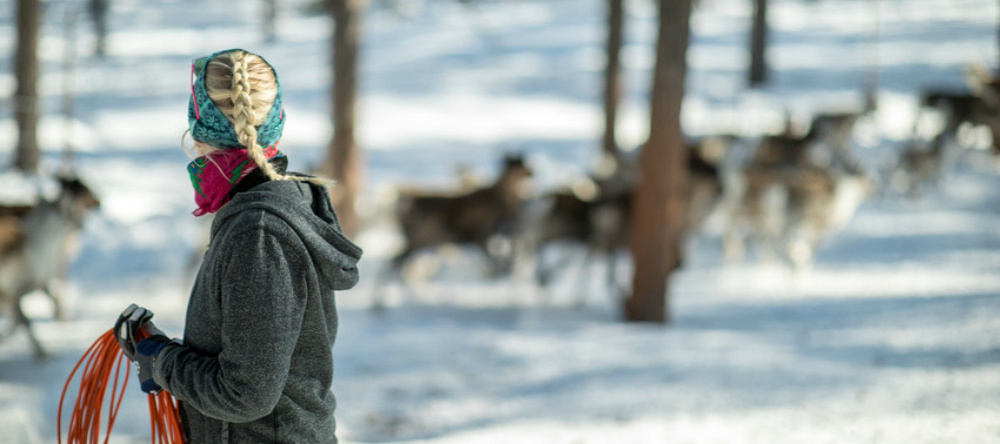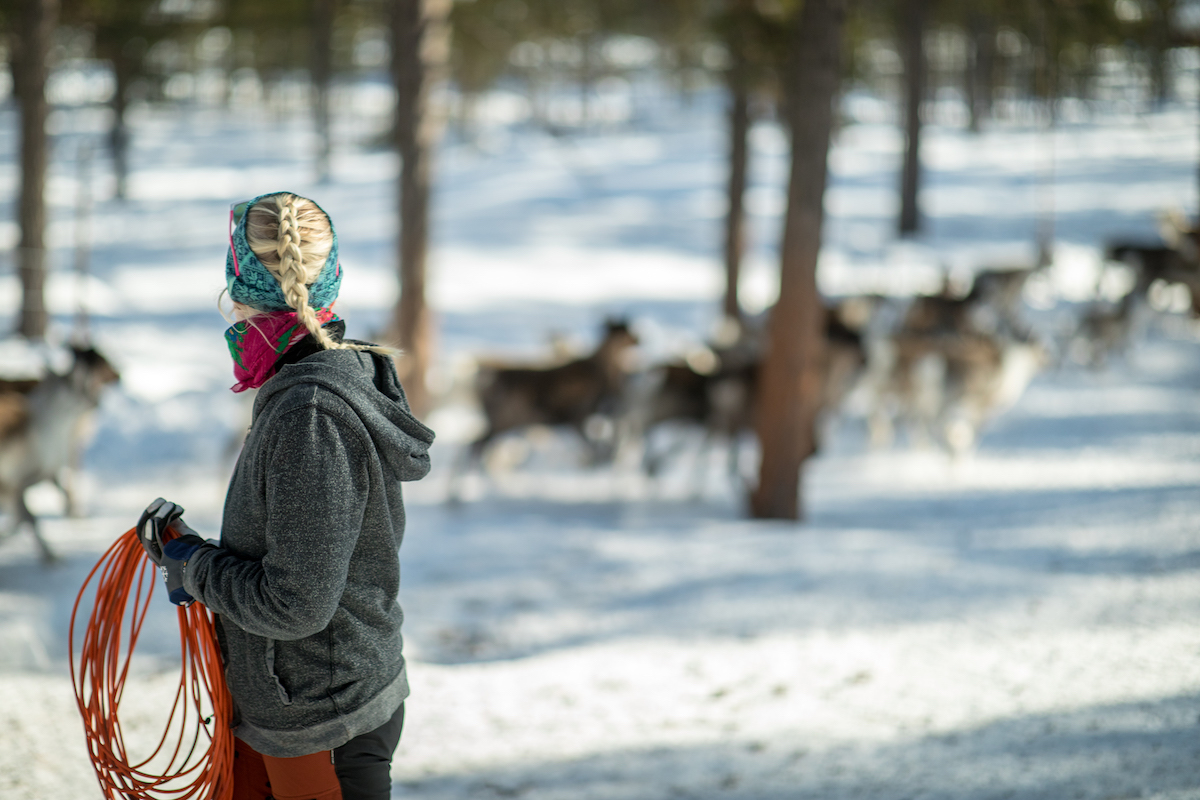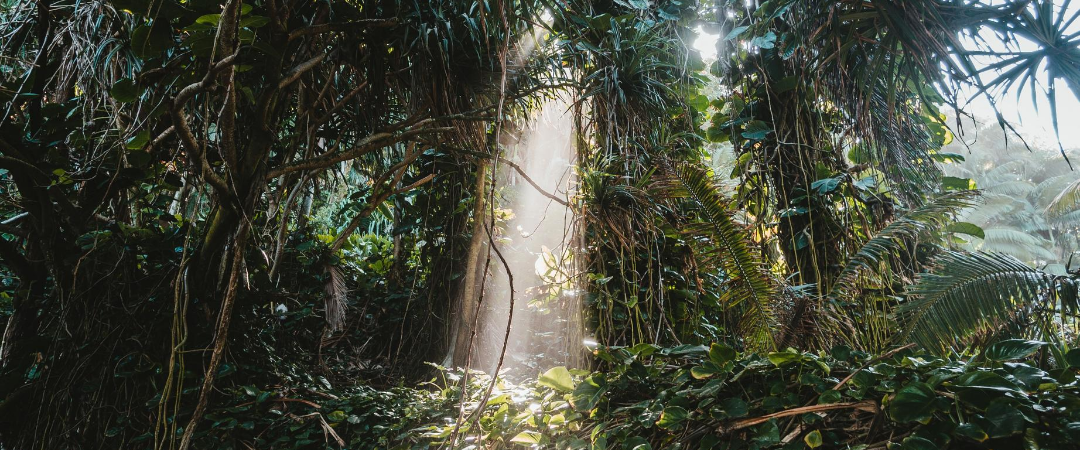The Indigenous Arctic peoples losing their home and heritage to the climate breakdown
"Nature has begun to deceive us, and some say that nature has ceased to trust us. Most of our old people say that we have always adapted, but the changes have always been gradual.
"Now the changes are happening too quickly, and we do not have time to adapt to them. What used to happen over decades can now happen within one or two years.
"Nature always loves balance. Therefore, [the old people] say we have lost the trust of nature. The way we dealt with her led to this.”
Irreversible
These are the words of Viacheslav Ivanovich Shadrin, chairman of the Yukaghir Elders, an ancient Indigenous population of Arctic Siberia who live in some of the most severe climates in the inhabited world.
The Arctic as we know it is disappearing. It is quite literally melting away, with devastating consequences for the people and wildlife that depend on it.
The Arctic is warming two to three times faster than the rest of the world, and for the Yukaghir, the Sami, and many other Indigenous cultures, this means the irreversible destruction of their home, their culture and their spiritual identity.
These Indigenous peoples have long lived in low-carbon harmony with the natural world yet are paying a terrible price for our carbon addiction.
As our Arctic ecosystems are exploited and the impacts of global heating start to take hold, these ancient cultures and their unique ways of life are being lost, with devastating, irreversible consequences.
Thaws
Floods, fires, storms and droughts are destroying lives around the world with increasing frequency. These tragedies add to the growing mountain of evidence that climate breakdown is already here.
For the Indigenous people of the Arctic, the rest of the world is just catching up to their reality. At summits and seminars around the world, leaders talk about keeping global heating to well below 2°C, preferably below 1.5°C – in Siberia, the first six months of 2020 were more than 5°C warmer than average.
The ‘Arctic amplification’ – spiralling heating that is outstripping the rest of the world – is expected to increase in coming years. And as the Arctic heats up, the permafrost thaws.
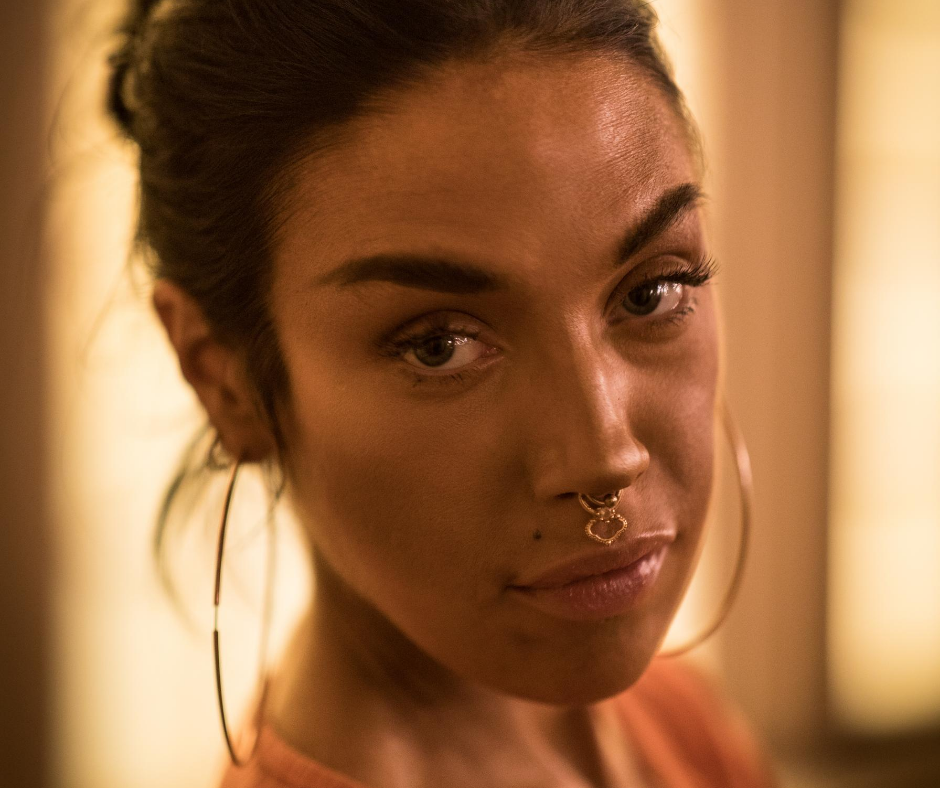
Indigenous cultures are probably the first ones to actually notice [the climate crisis], because we live so close to the nature. If we don’t start to really take the climate issue seriously, the future is not bright for anyone. But I do see hope, my generation is the first that is allowed to get into powerful positions [and can] speak for ourselves
Sami artist and activist Maxida Märak
Carbon-rich
Permafrost collapse is already happening at a worrying speed, and Arctic communities and wildlife alike are now under serious threat as a direct result.
Some 2.5 million square miles of permafrost — 40 percent of the world’s total — could still disappear by the end of the century even if we manage stabilise the climate at 2°C above pre-industrial levels. Currently, we are on a pathway to 3°C of heating.
“There was always erosion of the river banks, but … it took only 30-50 centimetres, about half a metre in total each year. There were years when it took a metre. Now, in some places, depending on the thawing of the permafrost, sometimes it can go under 10 metres of the coast,” said Viacheslav.
This is forcing Indigenous settlements to move, and then move again, to escape the encroaching riverbank.
Worse still, it is clear that permafrost collapse does not happen in isolation, it is a ‘tipping point’, leading to ecosystem destruction, infrastructure damage, and enough CO2 and methane release from the carbon-rich soil to heat our world at a terrifying rate.
Wildfire
“Right now, our civilisation emits about 10 billion tons of carbon in the form of CO2 and methane. [Thawing] permafrost will add at least another 2 billion tones,” said Nikita Zimov, environmental scientist and director of the Pleistocene Park in northern Siberia.
“I would be very surprised if permafrost is still intact 30 years from now,” continued Nikita.
The impacts of climate breakdown forced upon the Arctic Indigenous peoples are increasing each year. In a stark symbol of how the crisis has deepened, this land of ice is increasingly on fire.
During the 2020 wildfire season, around 600 individual fire hotspots were detected every day in the Arctic Circle – up to three times higher than the average for 2019.
These fires covered 3.6 million km2 with smoke and released roughly 205 megatonnes of CO2 – more than the annual output of Denmark, Sweden, Norway, and Finland combined.
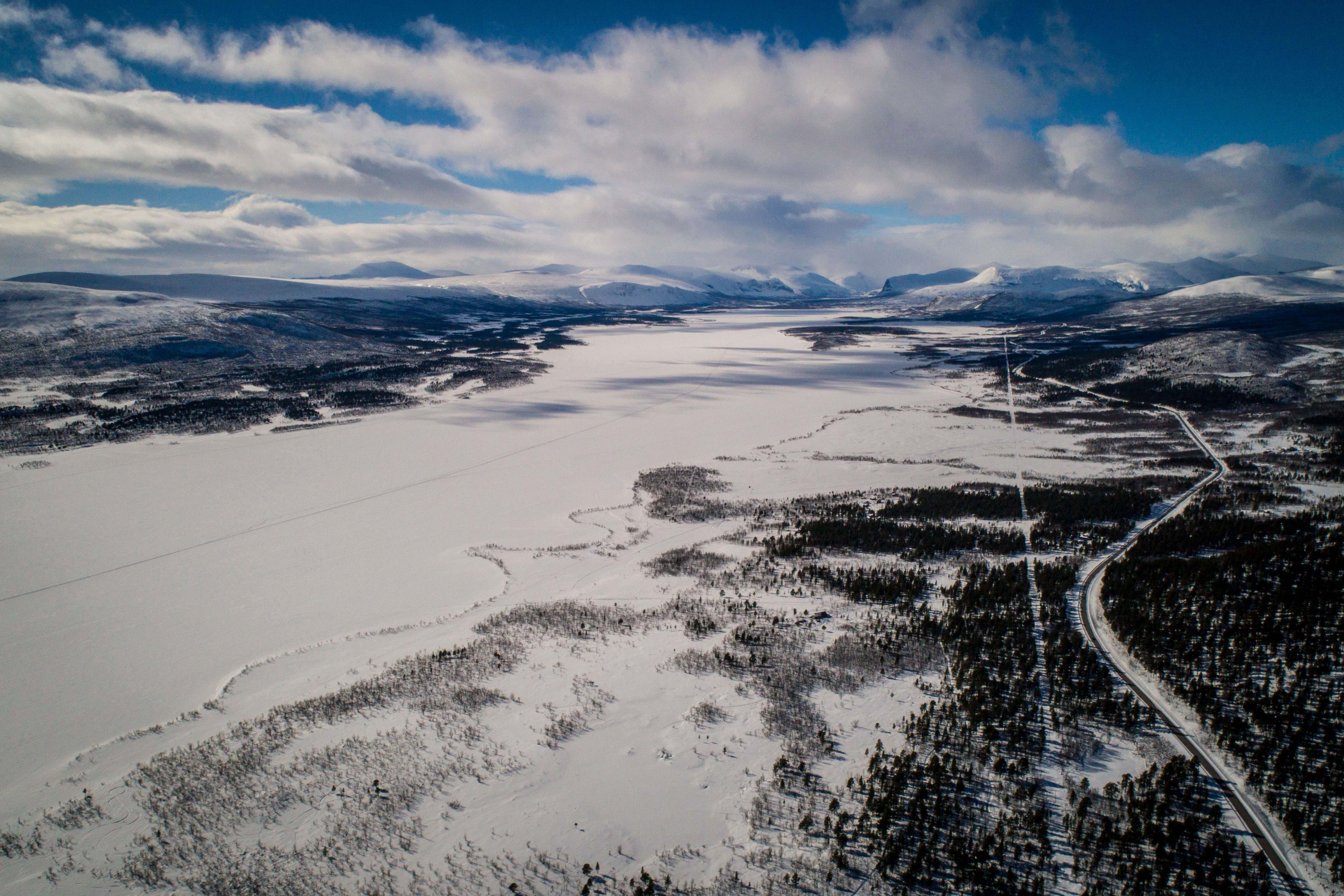
Culture
Melting permafrost and wildfires, coupled with planned increased industrialisation of the Arctic by Russia, is creating a spiral of destruction that is pulling Indigenous communities down with it.
There are roughly half a million Indigenous people living in the arctic, belonging to over 40 different ethnic groups.
These rare, irreplaceable cultures have persisted for thousands of years in some of the most extreme conditions on Earth but are now threatened by climate breakdown. For these people, the degradation of their environment and the erosion of their culture go hand in hand.
“[Reindeer] are my life. It’s as simple as that. I live for the reindeer and they mean everything to me. To be in the nature, with the animals […] I don’t need anything else. I am Sami, it’s me. And I’m proud of it,” says Kenneth Pittja, a Sami reindeer herder in Sweden.
“Only in our traditional occupations, only in reindeer husbandry, in hunting, in fishing, we can preserve our language, our way of life, our culture”, added Viacheslav.
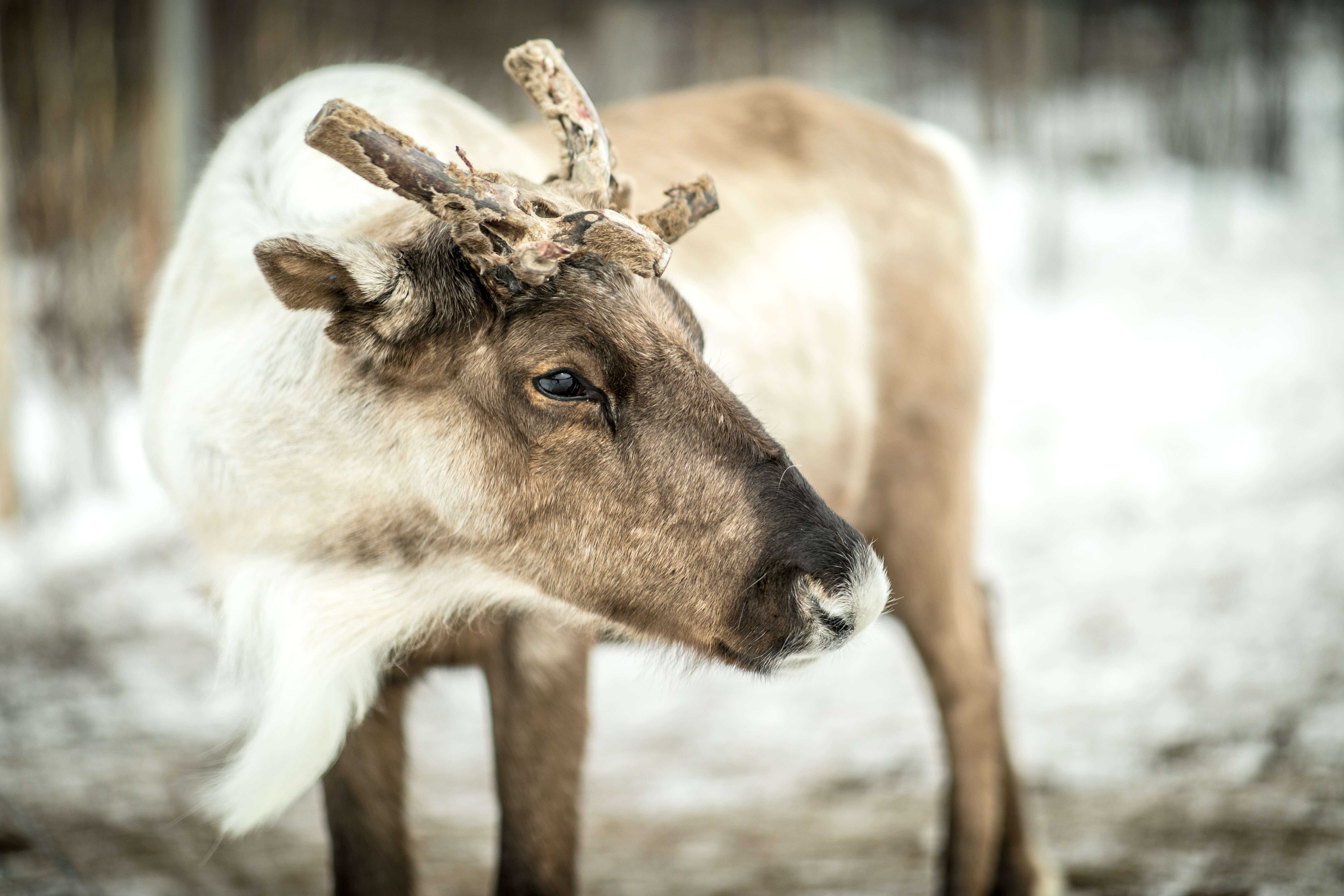
Identity
Climate breakdown is forcing more and more young families, searching for security for themselves and their children, to move to the cities. “If they think about the future of their children, they leave,” explained Viacheslav.
They do not see a future for themselves in the villages, but the more people move, the more Indigenous languages are forgotten, and heritage lost.
These changes, which complicate our activities, our way of life, ultimately affect the basis of the existence of the people themselves. Globalization has reached everywhere. But in the conditions of the village [rather than a city] there is more opportunity to preserve some kind of identity
Viacheslav Ivanovich Shadrin, chairman of the Yukaghir Elders
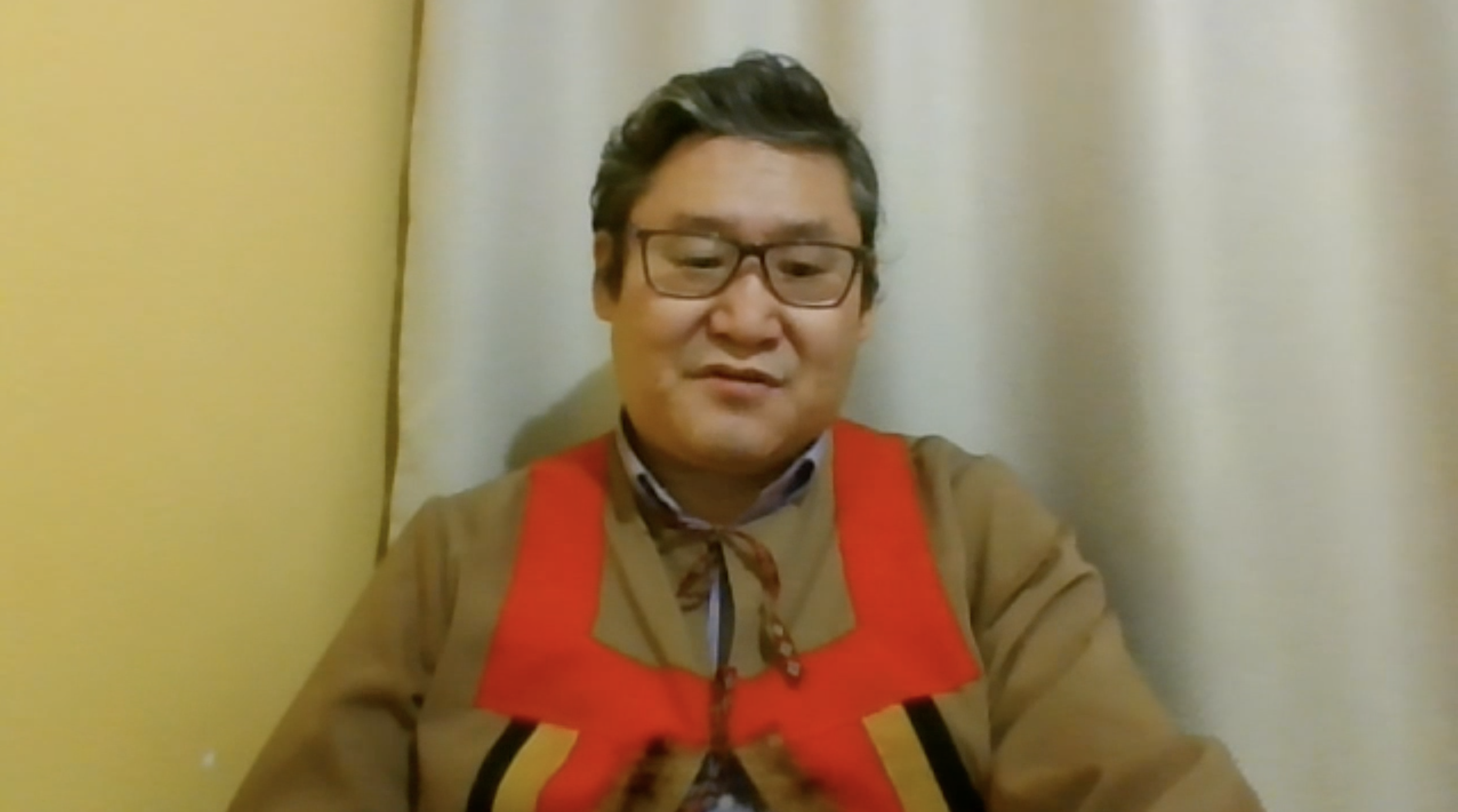
Action
Kenneth, Viacheslav and Nikita all agree, action is needed now.
“Many people think that if they start talking about the problem, that's already part of the solution. And I think it's not really," Nikita said.
"If you want to solve the problem, just start doing something… the time for talking has already passed. If we want to solve the problem, really want to solve the problem, we have to take real action,”
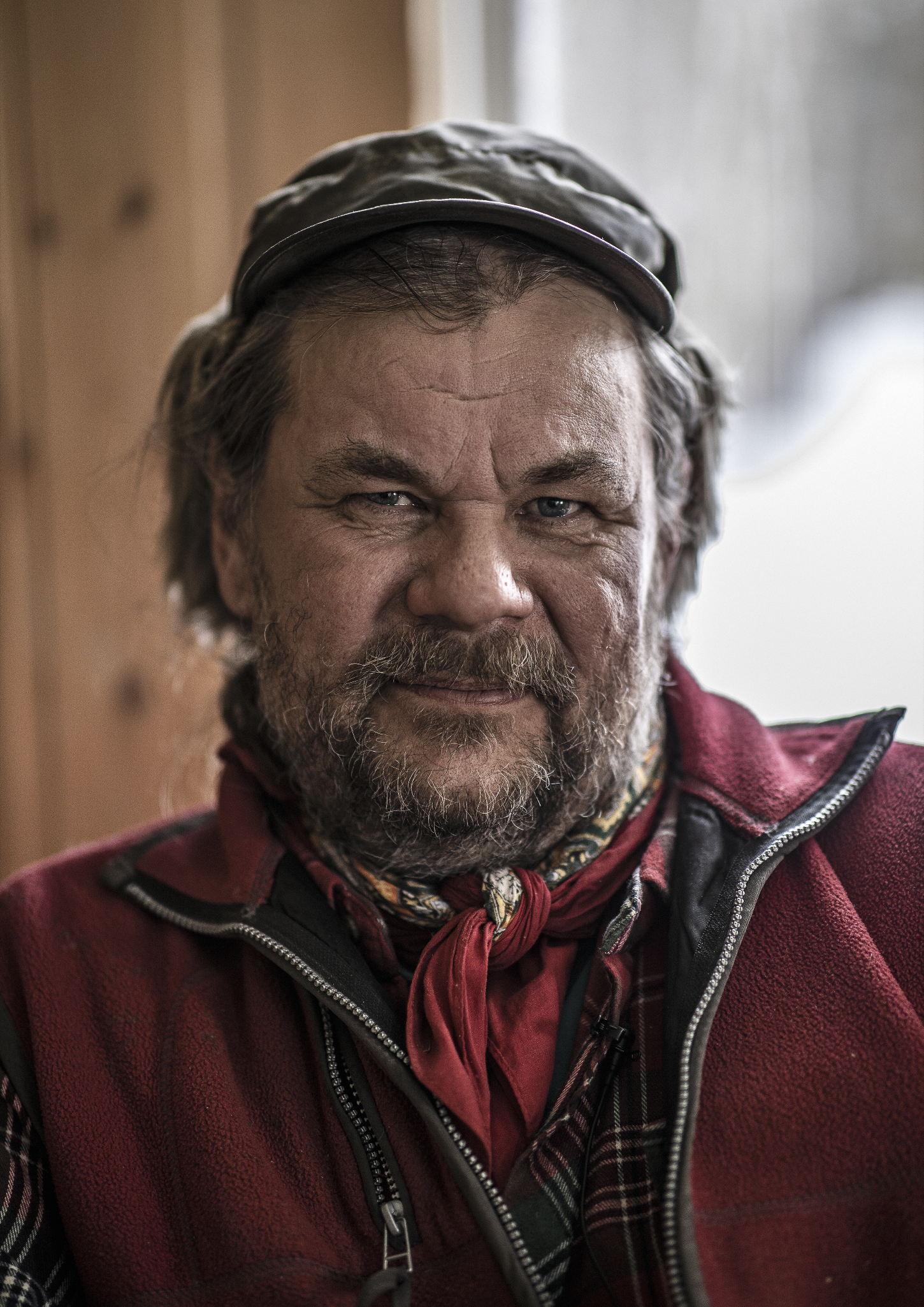
We are doing wrong, everyone. We are destroying this planet with this way of living
Kenneth Pittja, a Sami reindeer herder in Sweden
This piece was originally published by The Ecologist and is reposted here with permission
SIGN UP FOR OUR EMAILS AND STAY UP TO DATE WITH EJF
